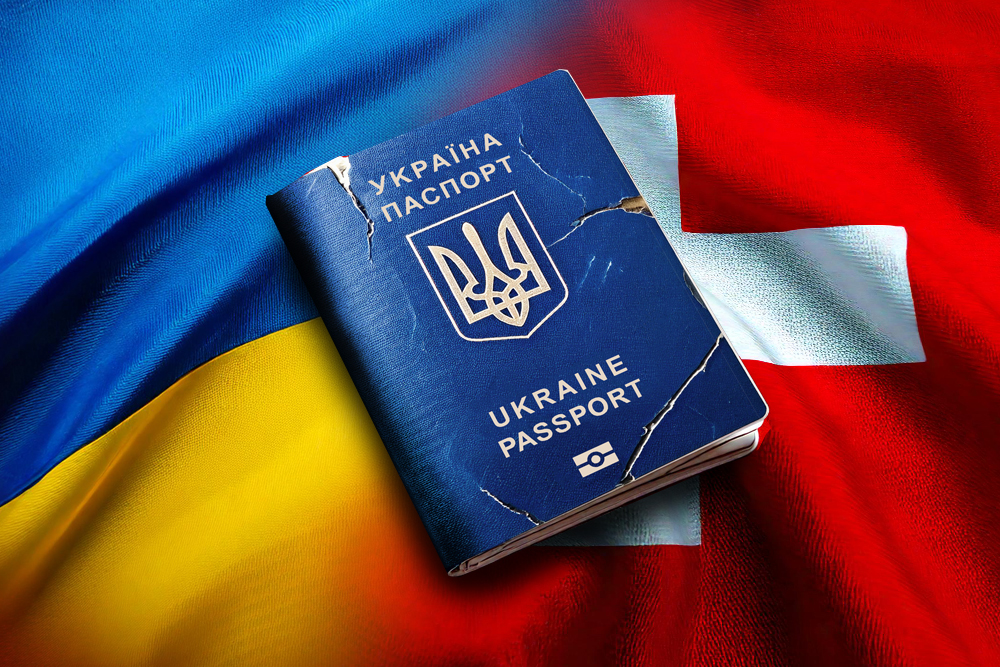Forced closure of weekly spells the end for Russia’s independent print media

By Lucy Papachristou
LONDON (Reuters) -In years past, the staff of the Moscow weekly Sobesednik would throw a party each February to toast the newspaper’s anniversary.
On its 40th birthday this year, journalists instead gathered nervously in a room at the editorial offices in the Russian capital.
In another sat a colonel from a shadowy branch of Russia’s interior ministry – the Centre for Combating Extremism – calling reporters in one-by-one for questioning, editor-in-chief Oleg Roldugin recalled.
The day before, Sobesednik, whose name means “interlocutor” or “conversation partner”, had run a two-page spread on the death of opposition leader Alexei Navalny, including a lengthy obituary and coverage of spontaneous vigils held in his honour across the Russian capital.
A photograph of a smiling Navalny was splashed across the front page with the caption: “… but there is hope!”
Navalny, easily Russia’s most significant opposition figure, had died in unclear circumstances in his Arctic prison colony, jailed on a raft of charges that he said were trumped up. In Russia, even to print Navalny’s name means risking criminal prosecution.
But no major repercussions came. The Navalny print run was quickly confiscated, but subsequent editions rolled off the presses and hit newsstands each week.
In mid-September, the news Roldugin had long dreaded finally arrived. Authorities labelled the paper’s publisher a “foreign agent”, a Soviet-era label shared by 865 other individuals and organisations that subjects them to onerous financial reporting requirements.
‘FOREIGN AGENT’ LABEL MAKES PUBLICATION IMPOSSIBLE
Russia says its foreign agents law, first introduced in 2012, is essential to protect its institutions from foreign influence. It also points out that the U.S. has similar legislation, the Foreign Agents Registration Act (FARA).
Roldugin feared his advertisers would scatter. Each article would have to be prefaced with a statement declaring its publisher a foreign agent.
A few days after the “foreign agent” designation, Sobesednik announced it was suspending publication.
“It would be impossible to read,” said Roldugin, who has led the paper since 2021. “The paper would have to be sold sealed and labelled ’18+’, like pornography. Because we did journalism instead of propaganda.
“It’s impossible to carry on.”
The demise of Sobesednik, Russia’s last independent print newspaper, is a familiar tale.
Since President Vladimir Putin took office nearly 25 years ago, most independent media outlets have been shuttered or forced into exile. State media strictly toe the government line.
In interviews, former correspondents spoke warmly about the paper, which had a print run of around 154,000 earlier this year. Several credited its relatively long life to its independence; unlike many contemporaries, Sobesednik never belonged to a single owner.
“The independent press always has one role – to confirm or refute the reader’s secret thoughts, to instil in him the feeling that he is not alone,” said poet and literary critic Dmitry Bykov, who began writing for the paper the year it launched, while still a journalism student.
He would go on to serve as an editor and pen 3,000 articles, by his own estimate, spanning politics and culture.
SOBESEDNIK – CONSTANT PARTNER FOR MANY READERS
In a country where state media dominate and independent online media can only be accessed via a virtual private network (VPN) that circumvents censorship of the internet, a physical newspaper provided a kind of comforting stability for some.
Many Russians have read Sobesednik their entire adult lives, Bykov said. With its closure, their “constant, sincere, unobtrusive and well-informed conversation partner” is gone, he added.
The start of the Ukraine war brought new constraints on Russia’s independent press, criminalising criticism of the army and jailing those who spread anything deemed “fake news” about the conflict.
Running an independent paper in Russia was never easy, though. Sobesednik, known for pouncing quickly on controversial stories, albeit with a light touch, knew this well.
“We were regularly sued,” said Bykov. The paper frequently upset Yuri Luzhkov, Moscow mayor from 1992 to 2010, and lawsuits became more frequent under Putin, Bykov said.
Ilya Davlyatchin, an investigative reporter at Sobesednik from 2020 until last year, said the government’s dislike of independent media began to squeeze the paper financially during his time there.
The Russian Post started to charge more for distribution. Some newsstands refused to stock it. With money tight, staff had to cram into smaller offices. By September, only five full-time reporters remained.
“Sobesednik returned to what the paper had started out as – almost underground,” said Davlyatchin. He left the paper – and Russia – after himself being labelled a foreign agent.
For his part, Roldugin hopes the newspaper can one day return.
In the final edition, under the crossword, the paper’s usual concluding phrase remains: “Thank you for reading us, see you in a week!”
(Reporting and writing by Lucy Papachristou; Editing by Mike Collett-White and Kevin Liffey)







